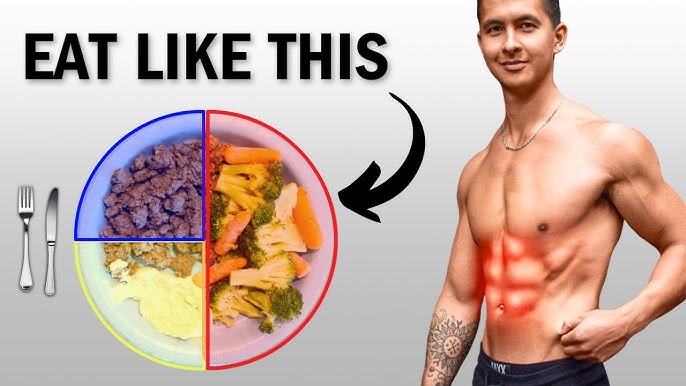
Here's How Calorie Diet For Help You Loss Weight Fast!
Pilates Pila – You’ve probably heard it before: calorie diet for fast weight loss is all about calories in versus calories out. But what does that really mean? And is it actually possible to lose weight quickly and safely by simply adjusting your calorie intake? The answer is yes but only if you do it smartly. calorie diet for fast weight loss is not about starving yourself. It’s about understanding how your body uses energy, choosing the right foods, and creating a plan that supports sustainable fat loss.
In this article, we’ll break down the core principles of calorie diet for fast weight loss and share actionable tips to help you drop the extra pounds without risking your health or feeling miserable in the process.
Read More : Charleston Locals Believe the Economy Is Improving
Before you start cutting calories, you need to know how many you actually need to maintain your current weight. This is called your maintenance calorie level, and it depends on your age, gender, activity level, and overall body composition.
There are many free calculators online that can help you estimate your daily needs. Once you have that number, you can create a deficit usually around 500 to 700 calories per day to begin losing weight. A deficit this size typically results in a weight loss of 0.5 to 1 kg per week, which is considered healthy and sustainable.
Just because you’re cutting calories doesn’t mean you have to eat less food. The key is choosing foods that are low in calories but high in nutrients. Think of vegetables, lean proteins, whole grains, and fruits.
For example, a large bowl of salad with grilled chicken, avocado, and a light vinaigrette can be very filling and still come in under 400 calories. Compare that to a small fast-food burger that has the same calorie count but leaves you hungry an hour later.
The more volume you can get from your food while keeping calories low, the easier it will be to stay full and energized during your diet.
One of the biggest reasons people fail with calorie-based diets is inconsistency. You get busy, hungry, and end up ordering takeout or eating random snacks. That’s where meal prepping becomes a game changer.
Spend a couple of hours each week preparing meals and snacks that fit your calorie goals. Store them in portion-controlled containers so there’s no guesswork. Having healthy meals ready to go means fewer chances of impulse eating.
You can also use calorie-tracking apps to help you stay on track and build awareness of what you’re actually consuming.
Sometimes, what we think is hunger is actually thirst. Drinking a glass of water before meals can help you feel fuller and prevent overeating. Staying hydrated also supports your metabolism and digestion — both crucial during weight loss.
Mindful eating is another powerful tool. Slow down while you eat, chew thoroughly, and really pay attention to your body’s hunger and fullness cues. People who eat more mindfully tend to consume fewer calories without even realizing it.
Many calorie-restrictive diets cut out fat entirely but that’s a mistake. Healthy fats (like those from avocados, nuts, and olive oil) are essential for hormone regulation, brain health, and satisfaction after meals.
Protein, on the other hand, is crucial for preserving muscle while losing fat. It also keeps you fuller for longer, which helps reduce cravings. A high-protein, moderate-fat, low-carb approach often results in faster fat loss and better long-term success.
While diet is the biggest factor in weight loss, adding regular physical activity can speed things up and keep your body strong. You don’t need to do hours of cardio. A mix of strength training, Pilates, and brisk walking can be enough.
Exercise not only burns extra calories, but it also boosts your mood, improves sleep, and helps your body metabolize food more efficiently. Just 30 minutes a day can make a noticeable difference.
The number on the scale is just one indicator of progress. Take progress photos, measure your waist and hips, and pay attention to how your clothes fit. Also track energy levels, digestion, and how you feel overall.
Weight can fluctuate due to water retention, hormonal shifts, or even a salty meal so don’t let a temporary increase discourage you.
Calorie dieting works but it only works long term if you treat it as a lifestyle, not a punishment. You can absolutely enjoy your food, feel energized, and see results without extreme restriction.
The smartest calorie diets focus on quality, not just quantity. With the right balance of foods, proper planning, and a commitment to self-awareness, you’ll be amazed at how your body responds.
So if you’re ready to slim down fast and keep it off start small, stay consistent, and let your calories work for you, not against you.